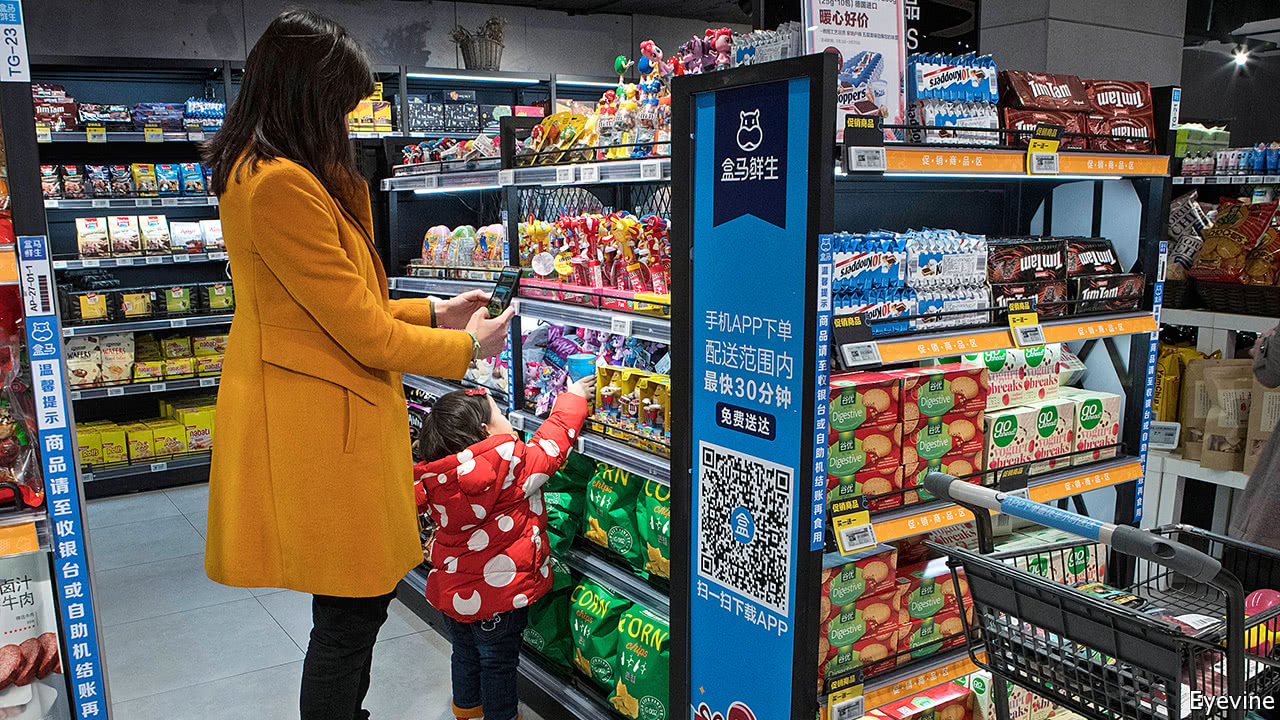With growth resilient and progress made in the pursuit of high-quality development, economic confidence remains positive in China.
In the second quarter, business confidence among Chinese entrepreneurs continued to improve, according to a central bank survey. The entrepreneur confidence index climbed for the ninth straight quarter, rising to 75.8 from 74.2 in the first quarter, ECNS reported.
The business climate index for Q2 held steady at 58.5%, 3.9 percentage points higher than the same period last year, the central bank said.
Optimism has spread among officials and economists. «China has the conditions and capability to fulfill the annual target set at the beginning of the year and ensure the stable and long-term growth of the economy,» said a National Development and Reform Commission official.
GDP expanded 6.8% year-on-year in the Q1, above the target of around 6.5%.
The NDRC official pointed out that despite increasing uncertainties in the global markets, recovery in the world economy is likely to continue, offering more room for trade.
Foreign trade rose 8.6% year-on-year last month, accelerating from 7.1% in April. Retail sales of consumer goods grew by 8.5%.
China’s consumer prices are likely to be stable in the second half of the year, the state planner said on Saturday, soothing concerns that have grown amid China’s escalating trade dispute with the United States, Reuters reported.
“The market in general thinks the macro environment is stable and market supply is sufficient,” an official at the pricing department of the NDRC said. “The overall price level will continue to stabilize and it’s unlikely that prices will rise significantly,” he added, in comments published on the agency’s website.
Annual consumer inflation in the world’s No.2 economy held steady in May from the previous month, as food prices remained largely stable, official data showed earlier this month.
But the remarks come amid escalating trade tensions with the United States, fuelling worries over upward pressure on China’s consumer price index.
Agriculture products in particular could jump after Beijing imposes tariffs from July 6 on imports of US soybeans and other products used to feed its huge livestock sector.


